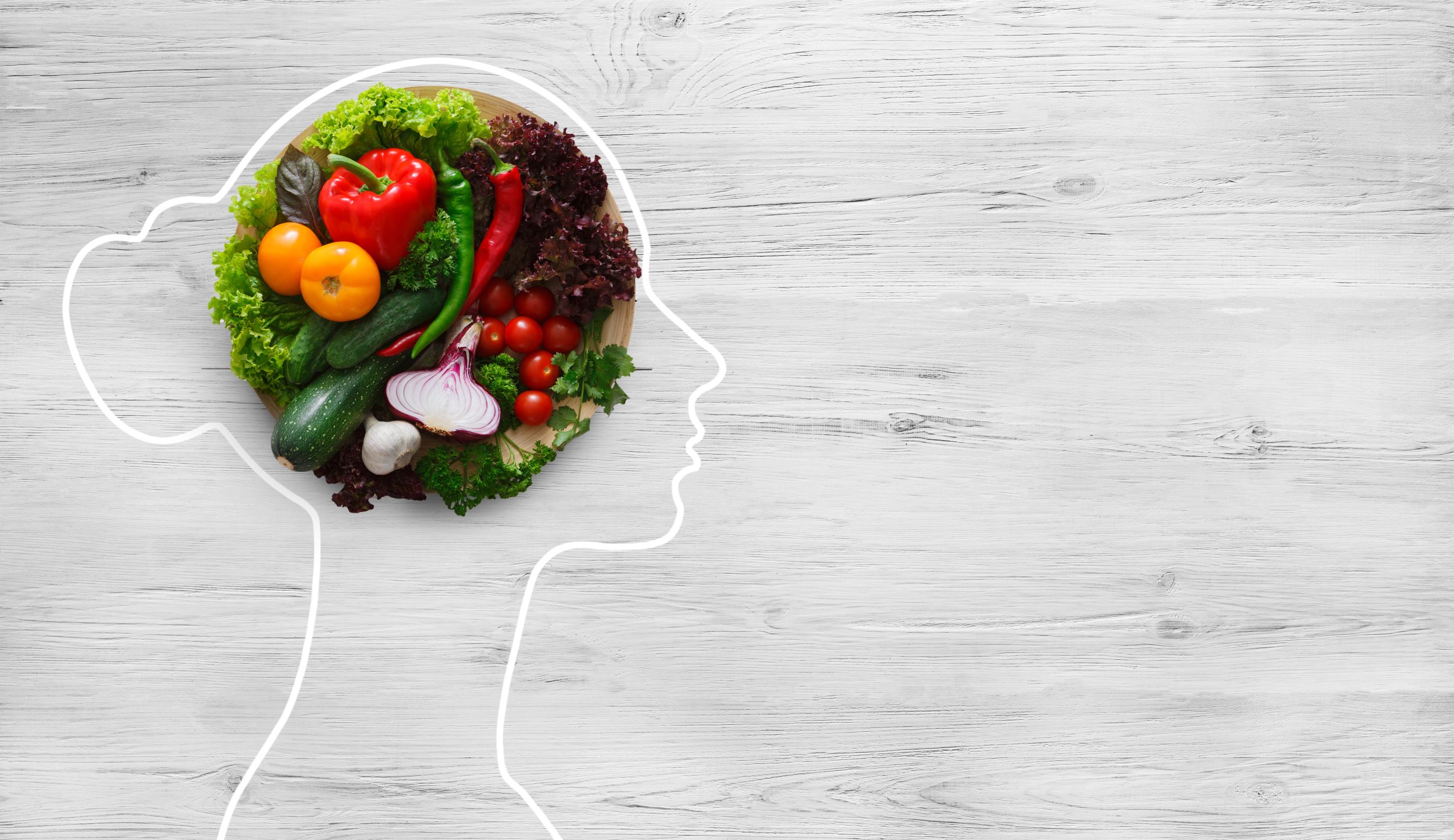
Please note that I am not a therapist or physician. The tips and insights shared here are based relevant evidenced based research (with links to research provided), and my personal experiences and training as a health and wellness coach specializing in behaviour change. The tips are offered in service of moving towards your health and wellness goals by bringing awareness to the mental habits that impact our physical health. This content is for informational purposes only and is not a substitute for professional medical advice, diagnosis, or treatment. Always seek the advice of your physician or other qualified health providers with any questions you may have regarding a mental health or medical condition.
Struggling to catch those Zs? You’re not alone. The prevalence of insomnia and sleep disturbances is a significant issue around the world. Despite sleep’s importance, it’s often unintentionally compromised. We find ourselves stuck in a cycle of energy-zapping mental habits that make decent sleep seem like something to be achieved in the not-too-distant future once we finish that next “big thing.”
In this blog, we explore five key mental habits that zap our energy by disrupting our sleep. More importantly, we offer practical, actionable tips to transform these habits, that over time help you wake up feeling refreshed and ready to tackle the day.
Before we explore the energy-draining mental habits and the simple tips to address them, let’s talk about why sleep is non-negotiable. Quality sleep is the cornerstone of our well-being, influencing everything from our mental sharpness and mood to our physical health and immune function. Yet, it’s the first thing we sacrifice in our busy lives. Understanding the vital role sleep plays can transform our approach to those restless nights.
Sleep is closely linked to various aspects of physical health, including:
- the regulation of hormones, immune system function, and the reduction of chronic disease risk. Lack of sleep can lead to obesity, diabetes, cardiovascular disease, and a shortened lifespan.
- memory consolidation, allowing the brain to process, store, and strengthen memories. Both REM and non-REM sleep stages are crucial for learning new information and skills.
- During sleep, the brain removes toxins and waste products that accumulate during wakefulness, thanks to the glymphatic system. This cleansing process is crucial for brain health and function.
- Sleep fosters creativity and enhances the brain’s ability to solve problems. It reorganizes and restructures memories, leading to increased creativity and insight.
Sleep deprivation can lead to a broad spectrum of cognitive impairments including:
- Poor memory impairment and recall
- Reduced cognitive performance, reaction times and decision-making abilities
- Decreased focus and learning abilities
- Lower mood and emotional and behavioral control
(Sleep Foundation). https://www.med.upenn.edu/csi/the-impact-of-sleep-on-learning-and-memory.html
Mental Habits That Impact Sleep and What To Do About Them
Now let’s explore the mental habits affecting our sleep and some minor adjustments that can lead to major improvements in sleep quality and energy levels.
1. Worrying about sleep: It’s common to worry about not getting enough sleep, which ironically can create a self-fulfilling prophecy. Stress and anxiety over the quality and quantity of sleep can make it harder to fall asleep or stay asleep.
Tip: Designate an early evening “worry period” of 15-20 minutes to jot down both your concerns and possible solutions. As an alternative, the session could mirror the “morning pages” technique described by Julia Cameron in her book “Morning Pages”, allowing a free flow of thoughts. You might observe recurring themes that need attention or discover that your subconscious presents innovative problem-solving approaches. Adopting this ritual may help clear your mind prior to sleep, diminishing the habitual habit of worrying when you are supposed to be resting.
2. Overthinking at bedtime: The tendency to overthink or obsess about situations, the day’s events, tomorrow’s tasks or worries about the future can significantly impair one’s ability to fall asleep or return to sleep after waking up in the middle of the night. This habit stimulates the nervous system, increasing cortisol, the stress hormone, and keeps the mind in a state of heightened alertness, preventing relaxation needed for sleep.
Tips:
- Jot down any “to-do” items that spring to mind in a journal beside your bed. This ensures they are securely noted and will not be forgotten, allowing your mind to rest more easily through the night.
- Shift your focus on what is going well in your life and begin a gratitude practice to interrupt those spirals of negative thoughts. Research suggests that recognizing and appreciating the little moments and minor details of life can help build a foundation of happiness, contentment, resilience, and even improved physical health. These can be simple things: sunlight on your face in the morning, a cup of coffee or tea prepared just the way you like it, a smile from a stranger, a call from a friend, a laugh over something small). This is a strategic move to reset your mental state and recognize the abundance and good that surrounds you that are often overshadowed by temporary challenges. [Counting Blessings Versus Burdens: An Experimental Investigation of Gratitude and Subjective Well-Being in Daily Life.” Robert A. Emmons and Michael E. McCullough, “Journal of Personality and Social Psychology” 2003.]
3. Negative beliefs about sleep: Thinking thoughts that magnifying the consequences of poor sleep and fearing the effects of sleeplessness, such as, “If I don’t get enough sleep tonight, I won’t be able to function tomorrow.” This fear can increase sleep-related anxiety, making it harder to fall asleep.
Tip: When negative beliefs about sleep arise, challenge, and reframe the thoughts with positive affirmations. For example, if you think, “I’ll never get enough sleep and my day will be ruined,” focus on the positive steps you have been taking to address it. The positive reframe could be, “I am taking steps to improve my sleep every night and I know it will improve.”
4. Irregular sleep schedule due to procrastination: Procrastination on winding down or engaging in stimulating activities right before bed can lead to an irregular sleep schedule. This habit disrupts the body’s internal clock. The National Sleep Foundation’s new consensus guideline, published in September 2023, emphasizes that consistent sleep schedules are crucial for optimal mental and physical health, academic and cognitive performance. This guideline, developed by a multidisciplinary panel of sleep and circadian science experts, underscores the link between irregular sleep schedules and negative health outcomes, such as obesity, diabetes, cardiovascular disease, immune dysfunction, and impaired mental health.
Tips:
- Set a specific bedtime and wake-up time: Choose times that allow for the recommended 7-9 hours of sleep for adults. Stick to these times as much as possible to reinforce your body’s sleep-wake cycle.
- Establish clear boundaries around the amount of quality social activities and work
- Set a strict bedtime alarm to signal it is time to start winding down, regardless of what you are doing.
5. Lack of a bedtime routine: Not having a calming bedtime routine can keep the mind active and alert instead of prepared for sleep. A consistent routine signals the body and mind that it’s time to wind down, aiding the transition into sleep.
Tip: Develop a short, relaxing bedtime routine. It can be as simple as a 15-minute sequence that might include dimming the lights, reading a book, gentle stretching or any activity that personally helps you wind down. Avoid TV or devices 1 hour before bed.
While we take these steps towards better sleep, it’s essential to remember that our bodies are complex systems. While sleep is a foundational pillar of our health, it’s just one part of a multifaceted wellness journey. Just as a gardener tests the soil to know exactly what nutrients are needed for their plants to thrive, we too benefit from understanding our unique physiological needs. In parallel, it’s crucial to collaborate with healthcare professionals—be it doctors, naturopaths, or nutritionists—to explore targeted testing. This can offer valuable insights into your unique physiological imbalances and the specific supplements and adaptogens that might help restore any disfunction within the body. These professionals can custom tailor a holistic approach that considers all aspects of our health, ensuring we navigate this journey with the most informed, supportive care possible.
It’s also important to recognize that we are the experts on our own bodies and lifestyle influences. It is our unique insights into our health and trust in this expertise when working in partnership with a healthcare provider that allows for the personalized guidance we need to tackle each aspect of our health. With this approach, we continue forward with the most accurate and effective tools at our disposal towards a healthier, authentic and more vibrant life we love living.
Lastly, remember that change doesn’t happen overnight. It’s the accumulation of small, daily choices that lead to significant transformations. It’s important to anchor our efforts in patience and persistence. Neuroscience offers us an insight here: on average, it takes about 66 days for new neuronal connections to form and for a behavior to start becoming automatic. For more complex changes, this process could extend up to 254 days. This underscores the importance of setting a challenge for ourself while also embracing the grace and patience needed for new habit formation. So, as you apply the strategies discussed today, remember to be kind to yourself. Change is a journey, not a sprint. Let tonight be the night you begin to lay the foundation for the restful sleep you deserve. Choose one tip, one small commitment to yourself, and observe the difference it makes. Your journey towards better sleep and enhanced energy starts with a clear mind.
Important Information: The information provided in this blog is for informational purposes only and is not intended as a substitute for professional medical or mental health advice, diagnosis, or treatment. While health coaching can support and enhance overall wellness, it is not a substitute for professional medical or mental health care. Always seek the advice of your physician or another qualified health provider with any questions you may have regarding a medical condition or health objectives. This blog aims to empower you with knowledge and tools to improve your general well-being and help you make informed decisions about your health, but it is not designed to replace professional medical or mental health services.
About the Author

Heather Budd is a National Board Certified Health and Wellness Coach, trained by the Functional Medicine Coaching Academy. She specializes in guiding individuals through lifestyle transformations to manage chronic illness and combat fatigue. With a diverse background in business, leadership and a profound personal health journey, Heather empowers clients to reclaim their health and extend their health span.